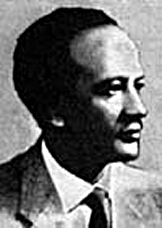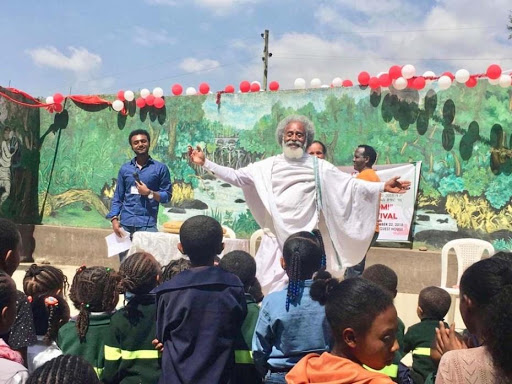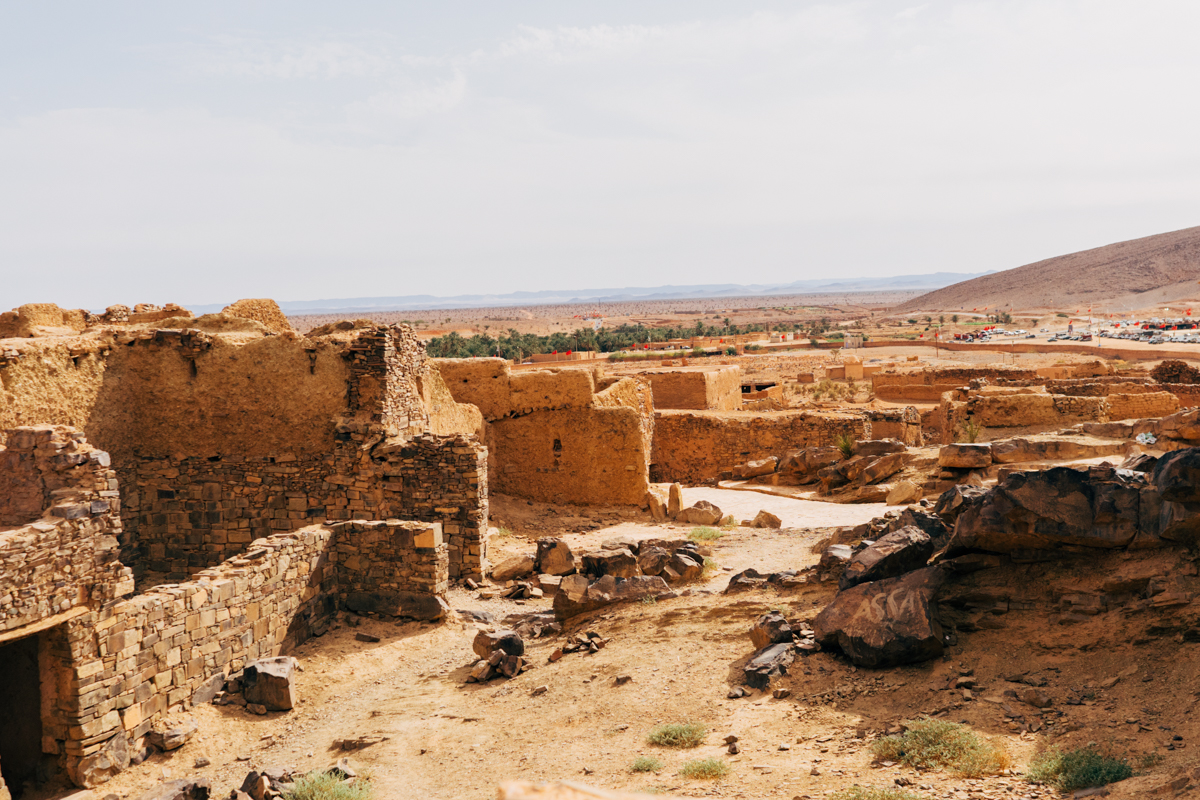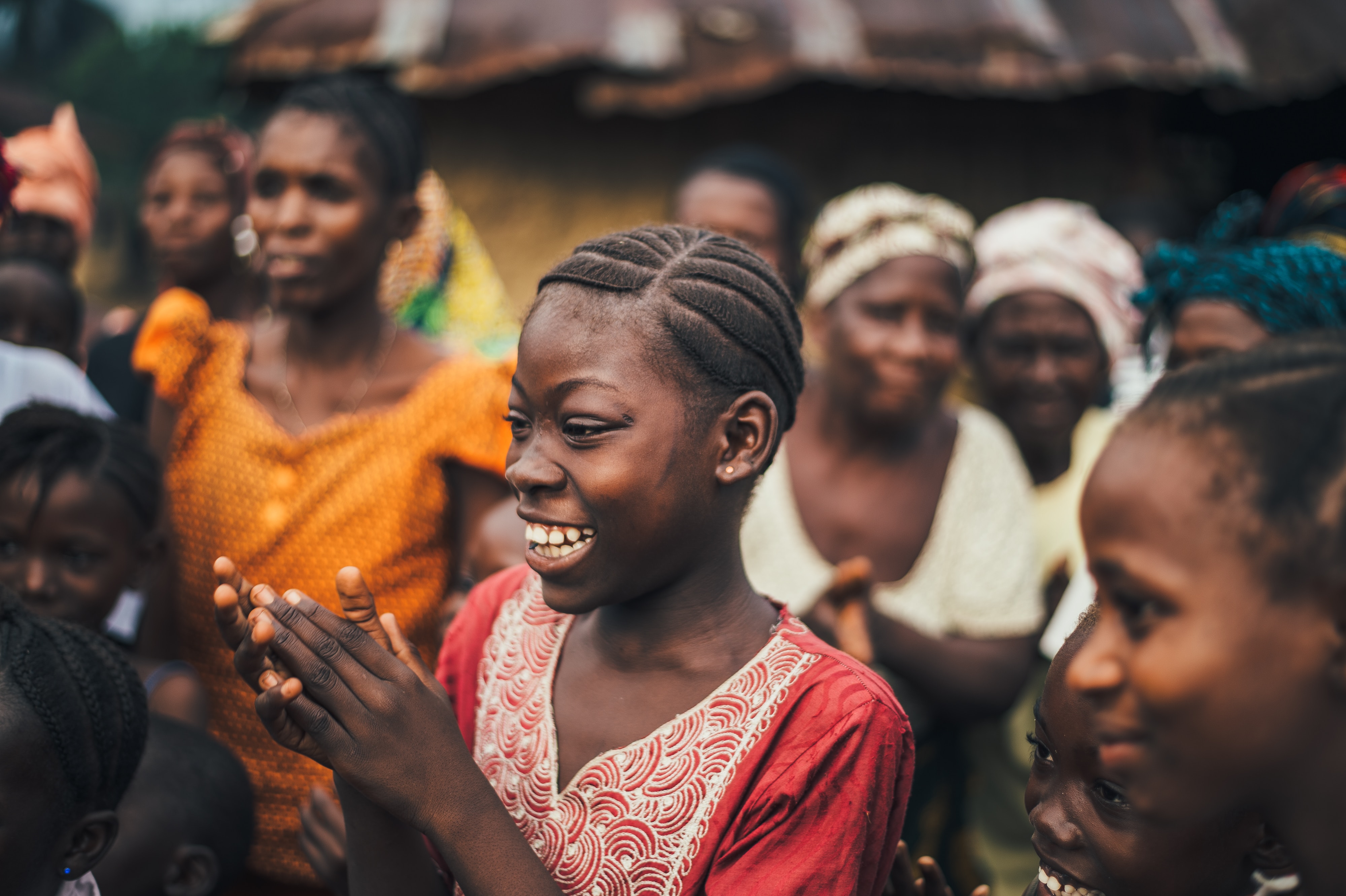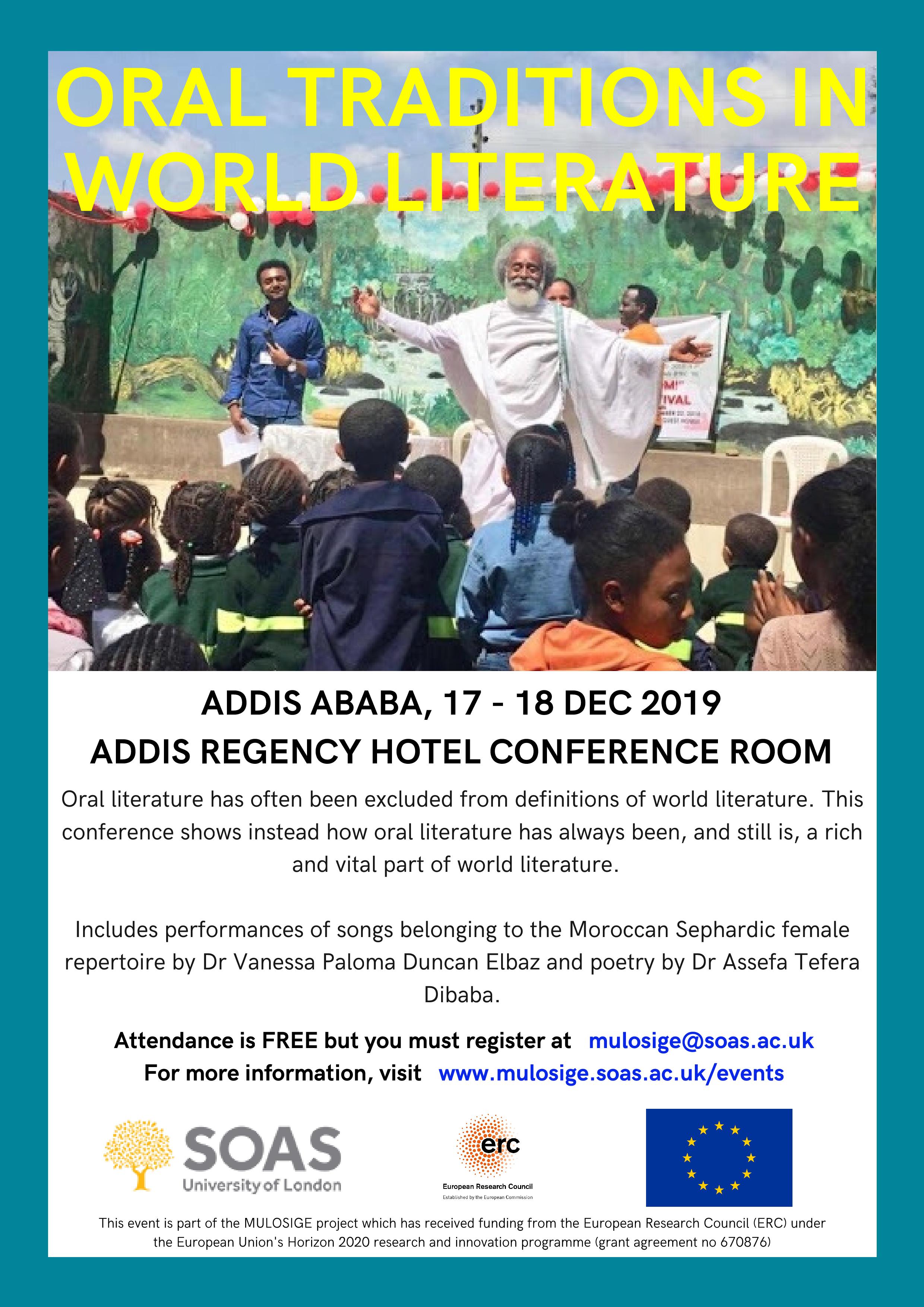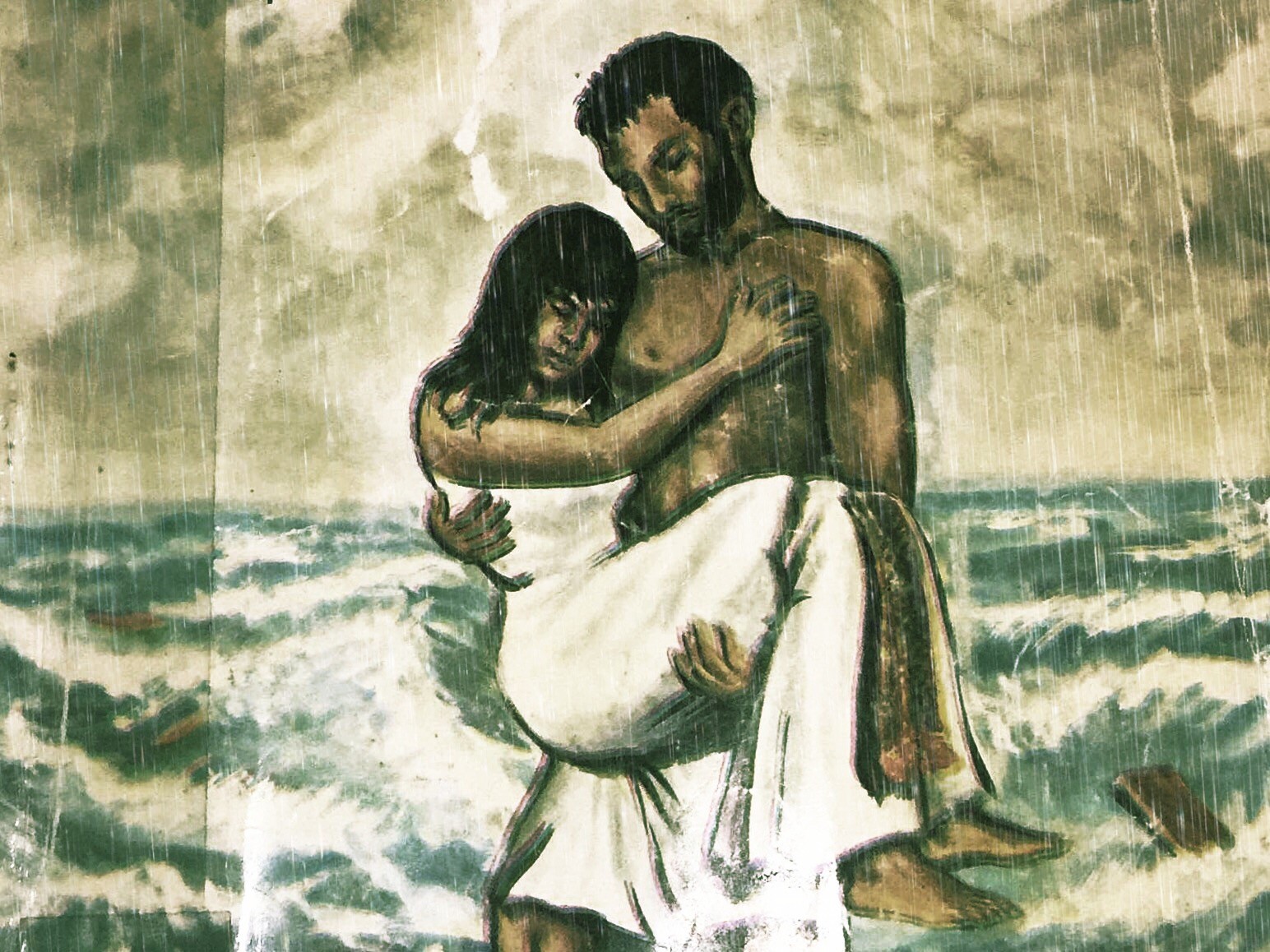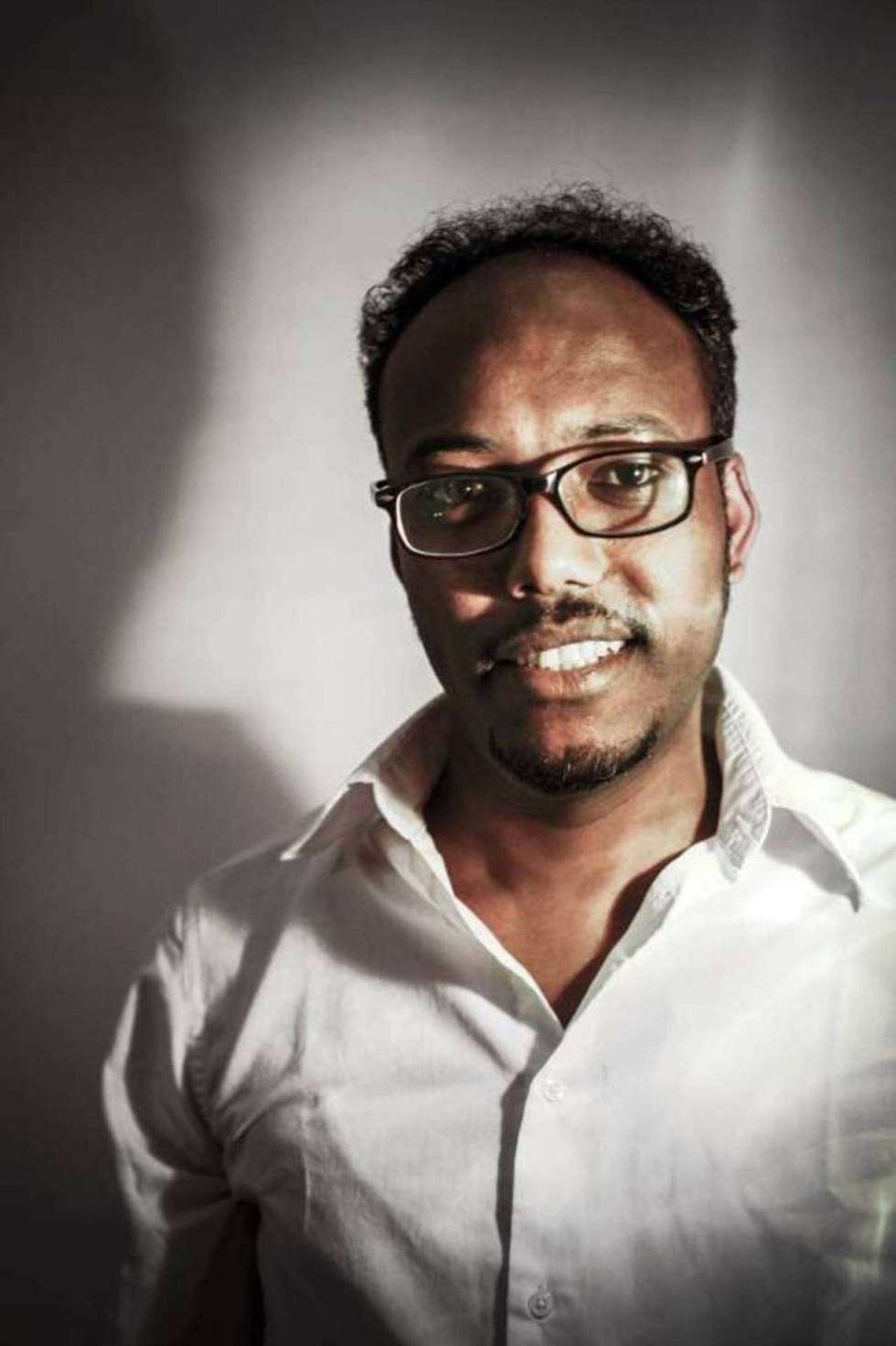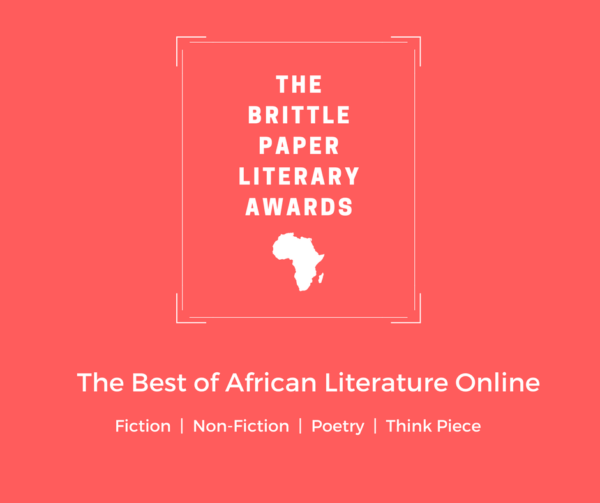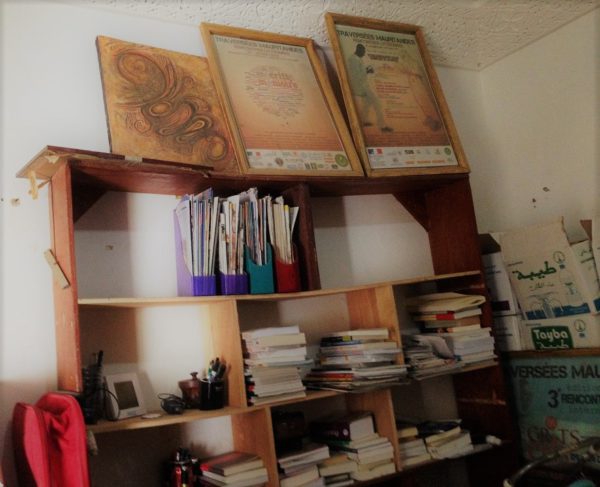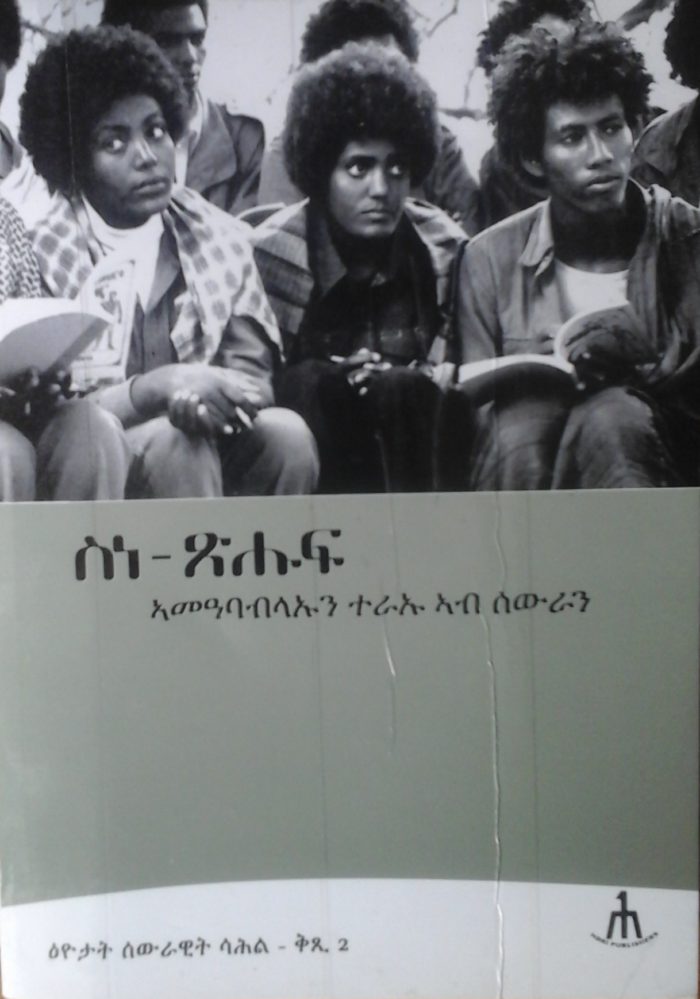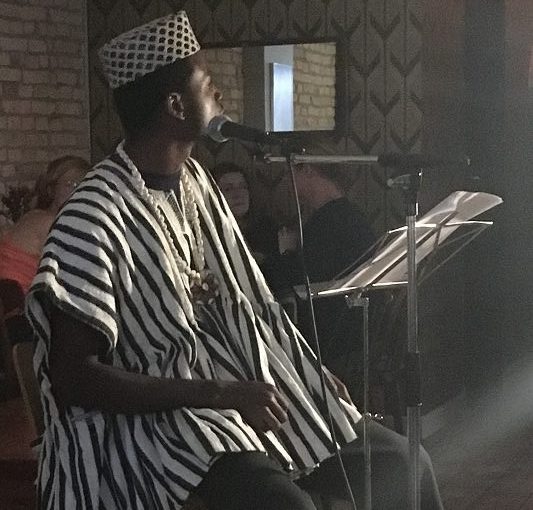.
In the medieval period, the Christian and Muslim parts of the Horn of Africa were well connected with centres of religious learning in the Eastern Mediterranean and Middle East, with a vast network of exchanges and translations between Geez, Arabic, Greek, Coptic, and Syriac. Mission stations set up by various European denominations in the 19th century coincided with a rapid increase in the volume of Tigrinya- and Oromo-language production, while in the imperial court Amharic gradually replaced Geez as the official language of the state.
From the beginning of the twentieth century Amharic saw a boom in fictional and non-fictional production, mostly linked to new state schools, newspapers, and publishing houses. The short-lived Italian colonial presence (1936-1941) did not significantly impact Amharic literary forms, styles and aesthetic values. Starting from the 1941 liberation, policies of cultural assimilationism reinforced the marginalisation of Ethiopian languages other than Amharic, such as Tigrinya and Oromo. International scholars have tended to reinforce the power relation between Amharic as the cultural centre of the region and “peripheral” literatures—thus allying themselves with the dominant language.
Although the issue of orality is perceived to be central to the literary and cultural heritage of the Horn of Africa, there is a general lack of comparative studies between the oral and the written and their interactions. MULOSIGE’s comparative focus on orature and written genres will show how the “local” in the Horn of Africa is layered and structured along networks of linguistic, cultural and political power relations.
Poetic inserts and the art of persuasion in the Somali novel “Aqoondarro waa u nacab jacayl” (“Ignorance is the enemy of love”) by Faarax M. J. Cawl
Ruixuan Li is a first year PhD student at
Women poets of Ancient Greece, India, and Eritrea: a comparison across time and space
Tedros Abraham takes us on a journey across time and continents, comparing the way three women poets in Ancient Greece, India and Eritrea claim immortality through their poems and rebel against social norms
Celebrating Online African Literature with The Brittle Paper Literary Awards
'Brittle Paper' founder Dr. Ainehi Edoro talks to Sana Goyal about how recognizing and promoting African literature online can fill in gaps left by traditional literary outlets and their gatekeepers.
English is an African Language- the Language of Coexistence
Mauritanian writer Mohmed Bouya Bamba argues that English has practical advantages for interethnic and intercountry communication in Africa, so Africans should reclaim the language instead of waging a futile ideological war
The Tigrinya short story in Eritrea: emergence and development of a genre
Akeder Ahmedin Issa guides us through the history of the short story in Tigrinya from the 1980s to the present, focusing on the parallel developments in Sahl, the centre of the Eritrean independence struggle, and the capital Asmara
Multilingual Poetry: Kwame Write in Paris, Accra, Copenhagen
Poetry doesn't need to be completely understood to be experienced, making it an ideal medium for multilingual expression. Here multimodal artist Kwame Write talks to MULOSIGE about the language of water and about multilingualism in his life and work.




